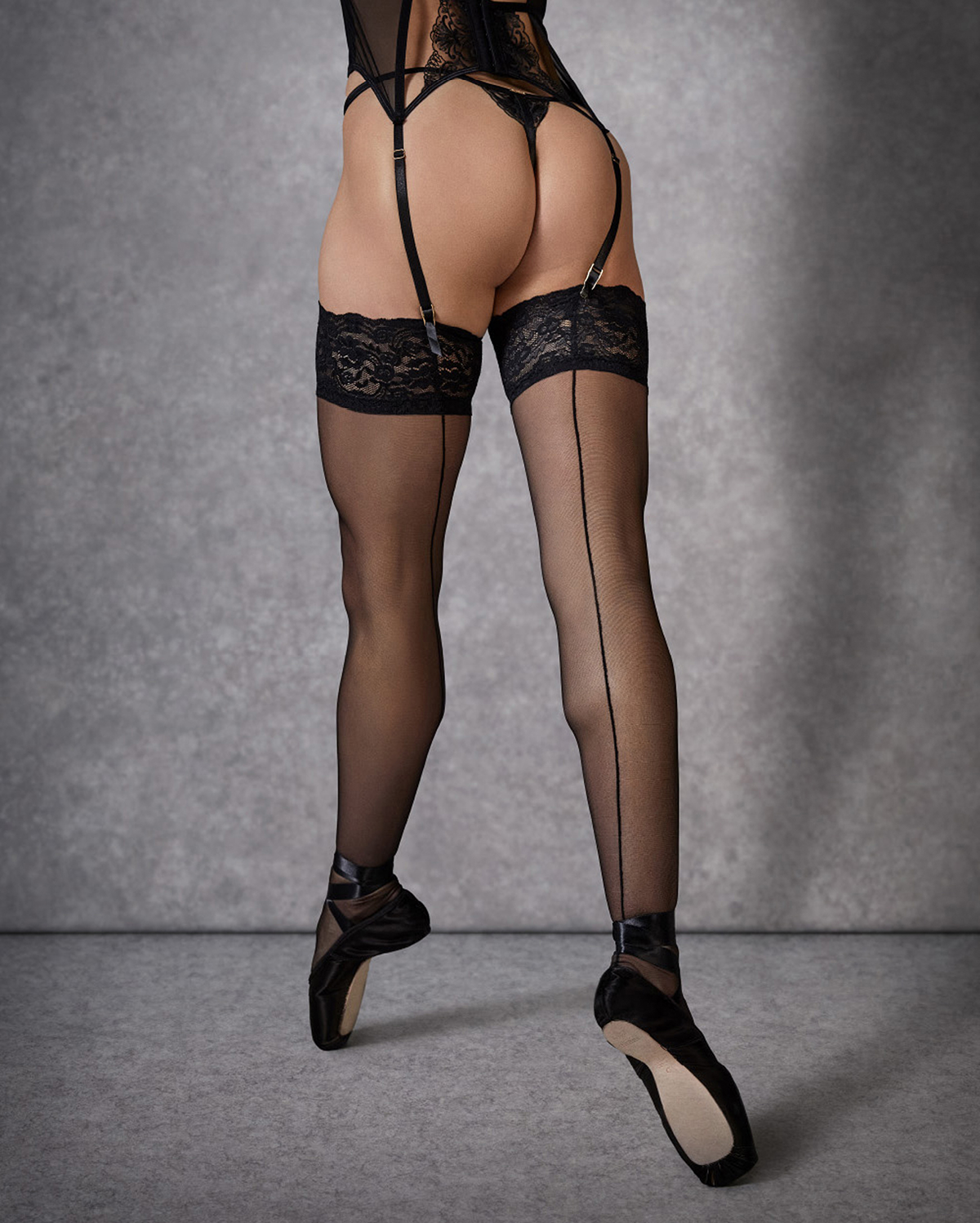You may remember our founder Emily’s
challenge to the Garrick Club from the end of 2020.
Emily launched legal proceedings after being denied membership at the prestigious central London club, which has many famous members from the worlds of the arts, journalism and politics. Emily and her lawyers highlighted that by banning women members and treating female guests very differently to male guests and members, the Garrick Club was acting in breach of the Equality Act of 2010.
However, Emily felt that initial coverage of her challenge missed the point. Much was made of her as an individual rather than the general issue of discrimination, and there were some concerning themes around the depiction of club members in the press.
I was surprised and concerned that some coverage of my initial challenge to the club either sought to misleadingly dismiss club members as ‘old codgers’ with no importance in public life or focused on me as an individual rather than the issue.
– Emily Bendell –
Emily decided to build a petition, targeting a sector which is of utmost importance in public life and which has a large number of Garrick members amongst its most senior figures.
This sector is the legal profession.
The undersigned are concerned about
the Garrick's ongoing policy of refusing
to accept female members
The petition is now signed by hundreds of legal professionals, from Queen’s Counsel barristers to Directors and Partners of internationally respected law firms.
This is in recognition of the fact that their profession is directly affected by the exclusionary policy operated at the Garrick Club, which is, as they say in the campaign letter, “a forum where senior members of the legal profession socialise and network with each other”.
The campaign argues that connections formed with significant and influential figures in this environment enable men to move to the top of the profession in a way that is expressly denied their female counterparts.
When women are excluded without good reason or cast as ‘guests’ - good enough to be wined and dined but not to belong - in a forum in which professionally advantageous invisible connections are made, it undermines the position of women and feeds the conscious or unconscious bias of men.
Whilst building the petition, Emily heard from many female QCs who wrote to her to share their stories.
The Garrick Club have long played a part in creating a misogynistic atmosphere that makes it less likely that women will want to pursue careers to the highest level and, if they do, less likely that they will be successful. Female careers are often limited by a lack confidence, a sense of alienation, a lack of role models at the highest level […]The Garrick’s insistence on all-male membership plays an important and corrosive role in confirming these gender distinctions.
– Statement from statement from a female QC –
Baroness Hale, former president of the supreme court and the first woman among twelve supreme court judges (many of whom were members of the Garrick Club) has long advocated for a change in the membership policy. She cites the club as a key factor in why so many women do not make the top judicial ranks, noting that “too many systemic barriers” are in place that depend on “personal network relationships” – relationships that are built and maintained in an institution such as the Garrick Club.
Sources have said that another vote is likely this year – here’s hoping that Emily’s challenge, the petition and the debate sparked by both can lead to some real progress.
Read the latest coverage by
The Times and
The Guardian.


























